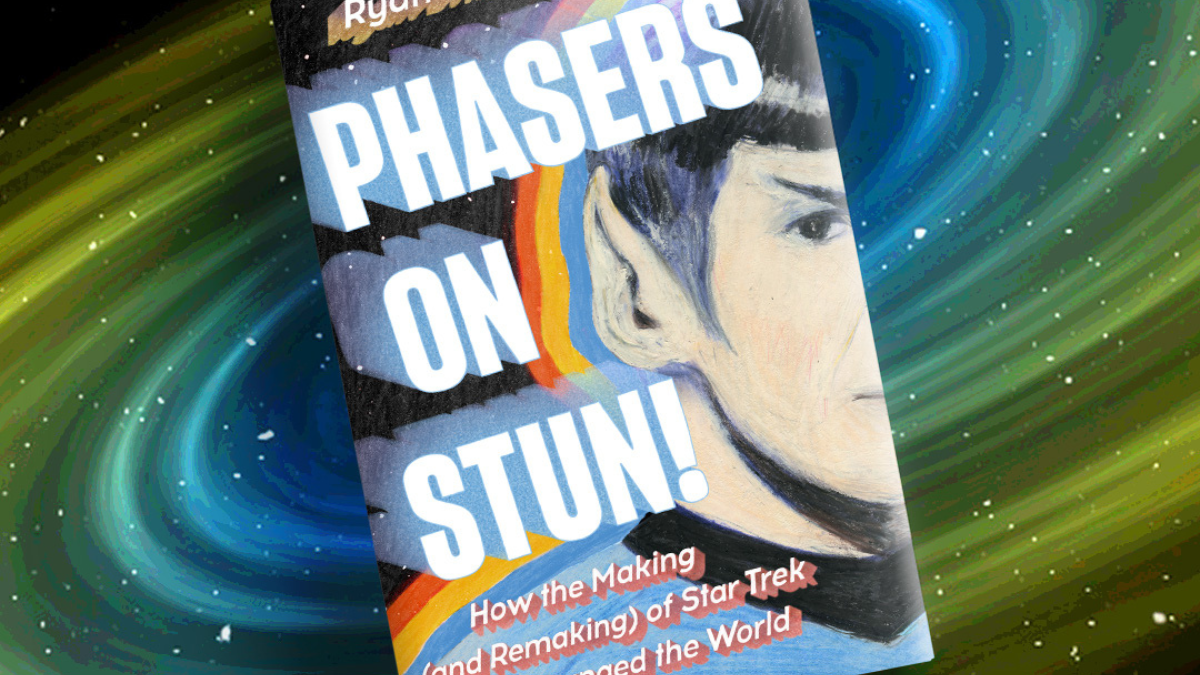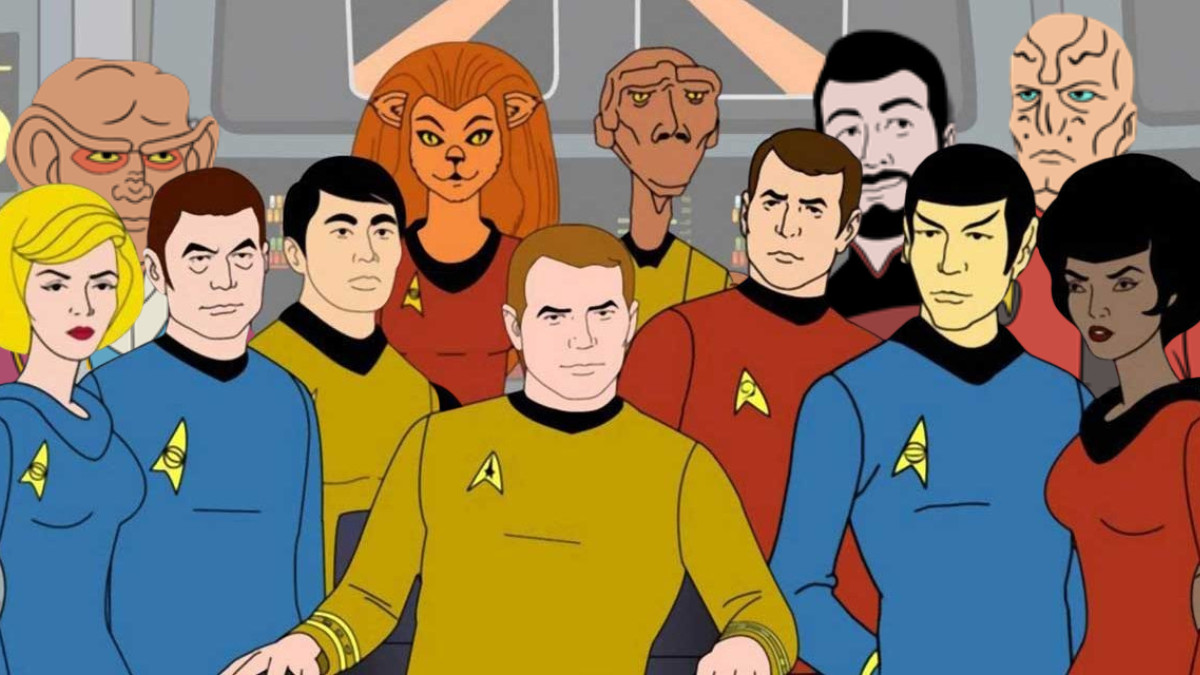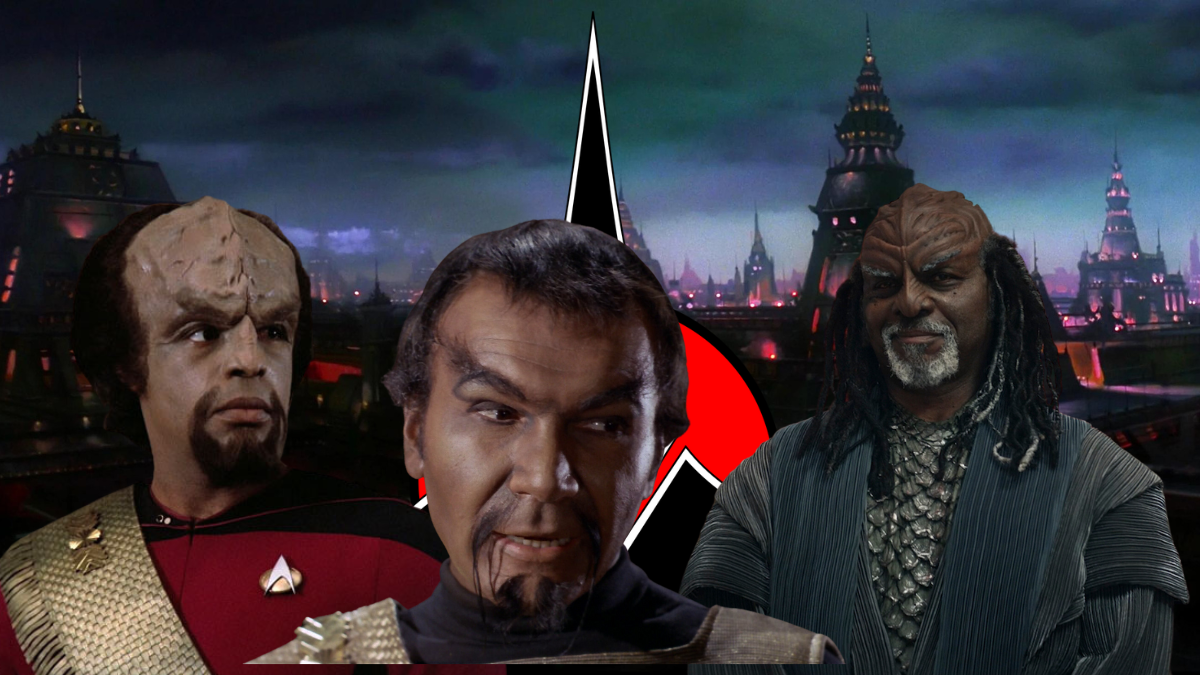REVIEW: Does Ryan Britt's Phasers On Stun! live up to the promise of its subtitle?

Ryan Britt's PHASERS ON STUN! is out now
JUNE 24, 2022 - Fans of Star Trek, perhaps more than members of most fandoms, love both the history of their beloved franchise and their own history. In 1968, just as the final season of Star Trek: The Original Series was preparing to hit the airwaves, Stephen E. Whitfield released the very first behind-the-scenes of Trek book, The Making of Star Trek. In 2016, as Trek was celebrating its fiftieth anniversary, the massive two-volume The Fifty-Year Mission: The Complete, Uncensored, Unauthorized Oral History of Star Trek was released, exhaustively chronicling the making of all of Trek (up to that point) from the point of view of those who made it.
It’s tempting to lump Ryan Britt’s Phasers On Stun! (Plume, 2022) in with all the other historys released about Star Trek since 1968. Certainly, like Maria von Trapp in The Sound of Music, it begins at the very beginning, with the creation of the original Star Trek series. From there, Britt’s telling of the story of Trek rolls along through the following fifty-five years, not always chronologically, but making sure to hit all the high points. But after so much has been said about Trek and its history, why bother releasing yet another volume into the world?
The answer is in the book’s subtitle, How the Making (and Remaking) of Star Trek Changed the World. Britt’s Phasers is more than a history book. It becomes clear early on that he loves the stories that have been told (and retold) time and again, as we all do. From Gene Roddenberry’s fight to keep Spock on the show to the recasting of Captain Janeway from Geneviève Bujold to Kate Mulgrew, all the beloved stories are included in the tome. But what Britt is actually interested in is taking a look at why Trek is the juggernaut that it is.
Ryan Britt Photo Cr: Mary Britt
“Even so,” I hear you say, “is there really anything new to say about Star Trek?” Britt himself answers that question in his acknowledgments, on page xiv. “All parts of Trek change the whole,” he tells us, and he’s not wrong. His point is that every time a new iteration of Trek is brought into the world, it changes the way all previous installments are perceived. And because of that, each new generation of fans looks at past Treks a little bit differently. Since Britt completed writing the book, Star Trek: Picard season 2 and Star Trek: Strange New Worlds season one have aired, meaning that Phasers is already a little bit outdated, if you look at it “from a certain point of view” (to borrow a phrase from that other Star franchise.)
But that doesn’t make the book any less engaging. Britt looks at Trek’s history from a modern perspective that Whitfield couldn’t possibly have had when writing Making of all those years ago. An obvious example presents itself early on. In the original pilot episode, Spock is more emotional (and a little more shouty) than we’ve become used to. At the same time, Majel Barrett’s Number One is the character with the emotional control. Britt takes a look at this personaility switch through the lens of time and a particular episode of Short Treks, “Q&A,” which attempts to supply a canonical reason for it.
But Britt doesn’t merely have a modern viewpoint and complete knowledge of Star Trek in his arsenal. He has been writing about science fiction since 2009, and has a staggering array of knowledge about pop culture in general. Sherlock Holmes, superheroes, Star Wars, and popular music all make appearances in the book, not to mention other popular films, proving that just about everything in pop culture owes something to Gene Roddenberry’s creation.
Earlier, I separated the history of Trek from the history of its fans, which was misleading. The history of Star Trek is the history of its fans. Britt understands this, and closes the book with a discussion of how the fans themselves have changed since the first Star Trek episode, “The Man Trap,” aired in 1966. He speaks not simply from the personal experience of a fan, but also from an objective viewpoint born of years of writing about such things. He uses past interviews to make his points, and while from time to time I felt like the interviews were shoehorned in, they predominantly supported his thesis.
Britt’s easy, entertaining writing style, peppered with humor, and his analysis of the franchise and its fans as a whole, makes the book accessible to laypeople, while also providing a new perspective for hardcore fans. Maybe this is the first time you’re learning of how Nichelle Nichols was talked out of quitting Star Trek by Martin Luther King, jr. or maybe you’re revisiting that tale for the 1000th time. Either way, Britt’s interpretation of Star Trek’s effect on the world over the past fifty-five years is worth a read.
T is the Managing Editor for Daily Star Trek News and a contributing writer for Sherlock Holmes Magazine and a Shakespeare nerd. He may have been the last professional Stage Manager to work with Leonard Nimoy, has worked Off-Broadway and regionally, and is the union Stage Manager for Legacy Theatre, where he is currently working with Julie Andrews. after which he’ll be working on Richard III at Elm Shakespeare Company.






